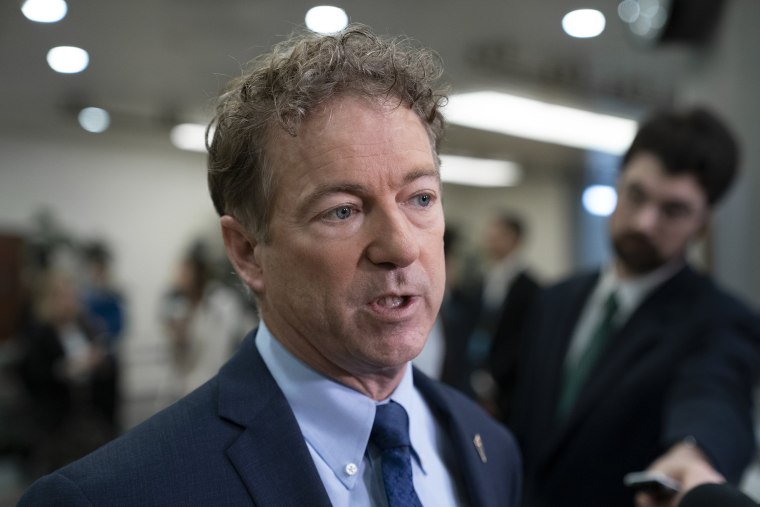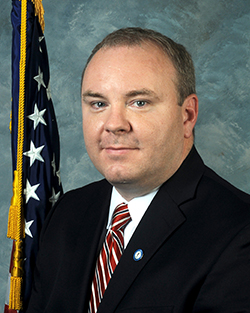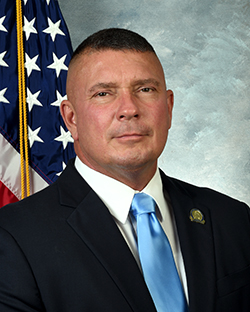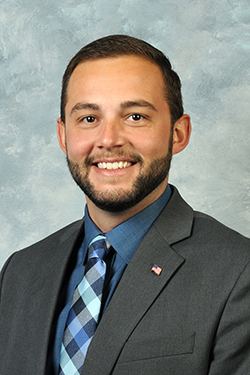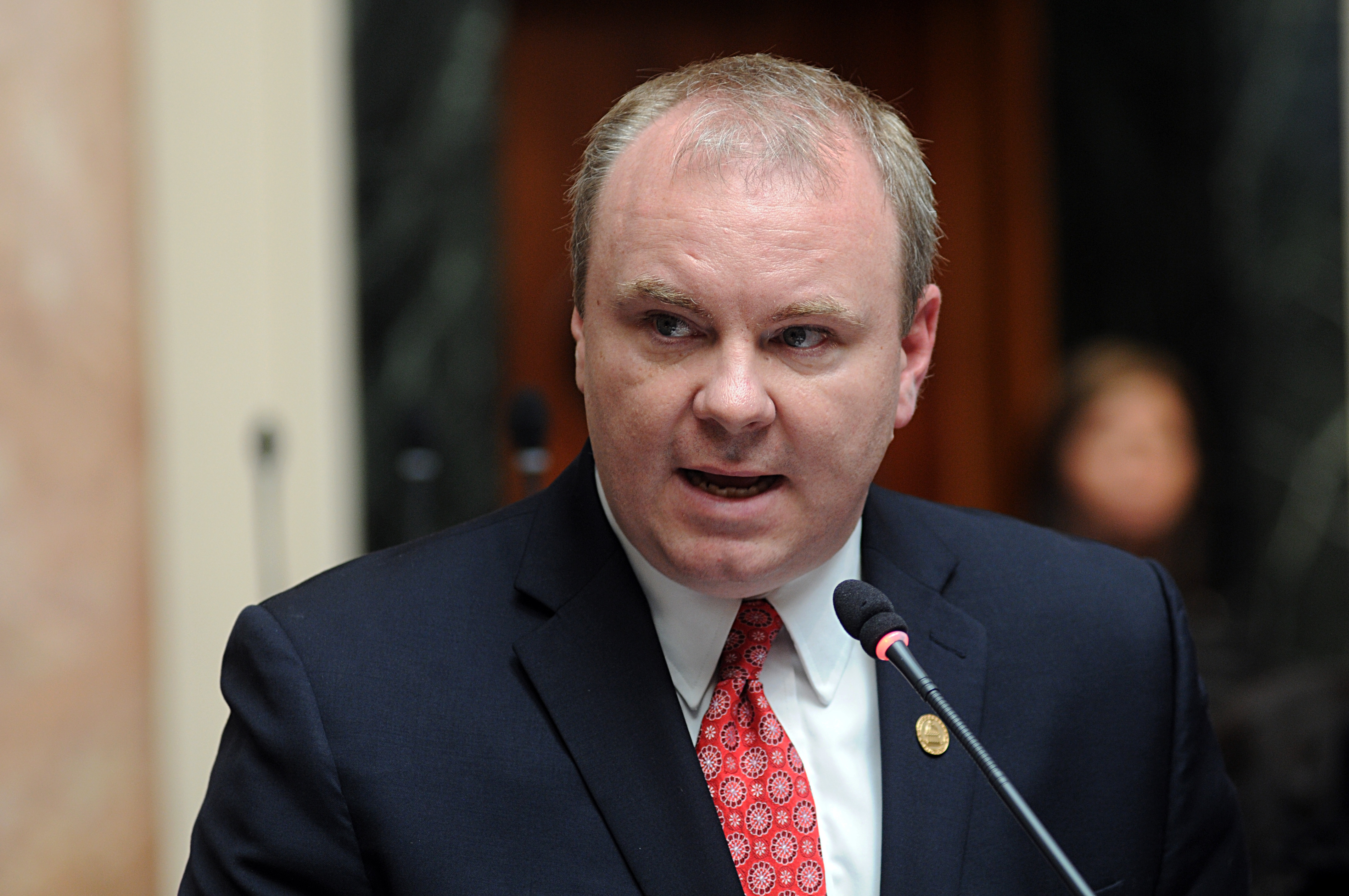Legislation prior to this year can be found at the following link:
2020 Complete List of Cannabis/Hemp Bills Kentucky – U.S. Marijuana Party Kentucky (wordpress.com)
As of February 12, 2021 the following has been introduced into Kentucky Legislature:

FRI, 02/12/2021 – 07:12 RCN NEWSDESK
State Representative Rachel Roberts filed legislation this week that would legalize the use of recreational cannabis (marijuana) by adults, and to lead to the expungement of the criminal records of those convicted of marijuana-related misdemeanors.
The legislation, the Newport Democrat said, would also open the door for the use of marijuana by people suffering from chronic medical conditions.
“Fifteen states, including neighboring Illinois, have legalized cannabis and are reaping its considerable benefits,” said Roberts. “Kentucky has been desperate for new revenue for years to deal with rising costs in education, public employee pensions and healthcare. It is time to take advantage of the revenue from this growing market and stop the illegal trafficking of marijuana.
“By doing this, we could see as much as $100 million annually in new tax revenue, money that could make a real and lasting difference. Many Kentuckians would also be helped by having their criminal record expunged, while farmers would have a new crop rivaling what tobacco was for many decades.” CONTINUE READING…
Establish KRS Chapter 245 and create a section to define terms such as “cannabis accessory,” “cannabis product,” “immature cannabis plant,” “indoor cultivator,” “mature cannabis plant,” and “outdoor cultivator”; create new sections of KRS Chapter 245 to require cannabis to be tracked from seed to consumer; establish license types, application fees, and license fees, and direct license fees to the cannabis development fund; define sizes for cultivator license types; specify allowed transactions for each license type; set parameters for the home grower permit; require the board to promulgate an administrative regulation for license applications; set license length at one year and allow the board to establish renewal system; limit cannabis retail locations to one for every two thousand three hundred persons per county; require cannabis retail stores to be separate from other store and only carry cannabis, cannabis products, and cannabis accessories; create requirements for child-proof packaging and labeling; establish procedures for license denial and a hearing in accordance with KRS Chapter 13B; establish payments in lieu of suspension for licensees and direct the funds to the cannabis development fund and the agency’s revolving trust and agency account; establish minimum age of twenty-one to use or buy cannabis and create status offense for minors under eighteen; ban smoking cannabis in public; require signs in retail locations regarding minors and the US Surgeon General’s statement on cannabis, and create cannabis development fund, cannabis development board, and establish cannabis development fund oversight committee; create new sections of KRS Chapter 138 to define “cannabis,” “cannabis administrator,” and “cannabis product”; set wholesale tax rates and payment schedules for cannabis cultivator and processor licensees; allow local governments to impose up to a 5% regulatory license fee on cannabis licensees in their territory; establish conditions for tax liability; impose civil penalties for tax violations; amend KRS 139.200 to set retail tax rate for cannabis at 15% and amend KRS 139.260, 139.310, and 139.470 to conform; amend KRS 139.240 and 139.250 to require a permit for retailer from Department of Revenue; amend KRS 2.015 to exempt cannabis from age of majority; amend KRS 42.205 to include licensing and permit fees, payments in lieu of suspension, and moneys from wholesale taxes to go to the permanent pension fund and to be distributed quarterly to KERS nonhazardous and TRS funds; amend KRS 241.020 to include a Division of Cannabis in the Department of Alcoholic Beverage Control; amend KRS 241.030 to add administrator of the Division of Cannabis; amend KRS 241.060 to add supervision of the cultivation, processing, testing, and trafficking of cannabis to the board’s duties; amend KRS 241.090 to add cannabis to search provisions; amend KRS 243.025 to direct application fees for cannabis licenses into the agency revolving trust account; amend KRS 218A.1421 to exempt cannabis licenses from trafficking statute; amend KRS 218A.1422 to exempt one ounce of marijuana from possession statute; amend KRS 218A.1423 to permit cannabis cultivator licensees and home grower permits to cultivate under their license or permit; amend KRS 218A.500 to exclude cannabis accessories from drug paraphernalia; create a new section of KRS Chapter 431 to create process for expungement of marijuana misdemeanor charges and to waive fees; amend KRS 431.079 to exclude need for certification of eligibility for expungement; amend KRS 131.1815 to include cannabis licensees in delinquent taxpayer statute; amend KRS 600.020 to include cannabis offenses in the definition of status offense; amend KRS 12.020 to create Division of Cannabis within the Department of Alcoholic Beverage Control. CONTINUE READING…
Establish KRS Chapter 245 and create new sections thereof to define terms, including “cannabis accessory”, “cannabis product”, “immature cannabis plant”, and “mature cannabis plant”; require cannabis to be tracked from seed to consumer; establish license types, application fees, and license fees; specify allowed transactions for each license type; require the board to promulgate an administrative regulation for license applications; set license length at one year and allow the board to establish renewal system; set forth an applicant scoring system; establish parameters for social equity applicant and disproportionately impacted areas; require cannabis retail stores to be separate from other store and only carry cannabis, cannabis products, and cannabis accessories; create requirements for child-proof packaging and labeling; establish procedures for license denial and a hearing in accordance with KRS Chapter 13B; establish payments in lieu of suspension for licensees and direct the funds to the agency’s revolving trust and agency account and the criminal justice reinvestment fund; establish minimum age of 21 to use or buy cannabis and create status offense for minors under eighteen; ban smoking cannabis in public; and require signs in retail locations regarding minors and the US Surgeon General’s statement on cannabis; create new sections of KRS Chapter 138 to define “cannabis”, “cannabis administrator”, and “cannabis product”; set wholesale tax rates and payment schedules for cannabis cultivator and processor licensees, allow local governments to impose up to a five percent regulatory license fee on cannabis licensees in their territory; establish conditions for tax liability; impose civil penalties for tax violations; create a new section of KRS Chapter 245 to set conditions for the cannabis tax rates effective July 1, 2026 and beyond; amend KRS 2.015 to exempt cannabis from age of majority; amend KRS 241.020 to include a Division of Cannabis in the Department of Alcoholic Beverage Control; amend KRS 241.030 to add administrator of the Division of Cannabis; amend KRS 241.060 to add supervision of the cultivation, processing, testing, and trafficking of cannabis to the board’s duties and require Department of Agriculture to review regulations for cultivators prior to filing; amend KRS 241.090 to add cannabis to search provisions; amend KRS 243.025 to direct application fees for cannabis licenses into the agency revolving trust account; amend KRS 218A.1421 to exempt cannabis licenses from trafficking statute; amend KRS 218A.1422 to exempt one ounce of marijuana from possession statute; amend KRS 218A.1423 to permit cannabis cultivator licensees to cultivate under their license; amend KRS 218A.500 to exclude cannabis accessories from drug paraphernalia; create a new section of KRS Chapter 431 to create process for expungement of marijuana misdemeanor charges and to waive fees; amend KRS 431.079 to exclude need for certification of eligibility for expungement; amend KRS 131.1815 to include cannabis licensees in delinquent taxpayer statute; amend KRS 600.020 to include cannabis offenses in the definition of status offense; amend KRS 12.020 to create Division of Cannabis within the Department of Alcoholic Beverage Control. CONTINUE READING…
ADDITIONALLY,
SB 92(BR-1140)/LM/CI(click bill number to view bill details.)
Title: AN ACT relating to medicinal cannabis.
Sponsor(s):
West , Stephen
Nemes , Michael J.
Yates , David
Parrett , Dennis
Webb , Robin L.
Harper Angel , Denise
Neal , Gerald A.
Embry Jr. , C.B.
McGarvey , Morgan
Higdon , Jimmy
Current Status:
to Committee on Committees (H)
In House
Summary:
Create various new sections of KRS Chapter 218A to define terms; exempt the medicinal cannabis program from existing provisions in Kentucky law to the contrary; require the Department of Alcoholic Beverage and Cannabis Control implement and regulate the medicinal cannabis program; establish the Division of Medicinal Cannabis and the Board of Physicians and Advisors within the Department of Alcoholic Beverage and Cannabis Control; establish restrictions on the possession and use of medicinal cannabis by cardholders; establish certain protections for cardholders; establish professional protections for practitioners, attorneys, and other professionals; provide for the authorizing of practitioners by state licensing boards to issue written certifications for the use medicinal cannabis; prohibit the consumption of medicinal cannabis by smoking; permit an employer to restrict the possession and use of medicinal cannabis by an employee; require the department to implement and operate a registry identification card program; establish requirements for registry identification cards; require the department to operate a provisional licensure receipt system for cardholders; establish the requirements for a registry identification card and the application process; establish notification requirements for cardholders; establish when a registry identification card may be revoked; establish various cannabis business licensure categories; establish requirements for a cannabis business licensure and the application process for a license; prohibit a practitioner from being a board member or principal officer of a cannabis business; prohibit cross-ownership of certain classes of cannabis businesses; establish rules for local sales, including establishing the process by which a local legislative body may prohibit the operation of cannabis businesses within its territory and the process for local ordinances and ballot initiatives; establish technical requirements for cannabis businesses; establish limits on the THC potency of medicinal cannabis that can be produced or sold in the state; establish cultivation square footage limits for cannabis businesses that are permitted to cultivate; establish procedures for the department to inspect cannabis businesses; establish procedures for the suspension or revocation of a cannabis business license; exempt certain records and information from the disclosure under the Kentucky Open Records Act; require the department to develop, maintain, and operate electronic systems for monitoring the medicinal cannabis program; require the department to promulgate administrative regulations necessary to implement the medicinal cannabis program; establish that nothing in the bill requires government programs or private insurers to reimburse for the cost of use; amend KRS 342.815 to establish that the Employer’s Mutual Insurance Authority shall not be required to provide coverage to an employer if doing so would subject the authority to a violation of state or federal law; amend KRS 216B.402 to require hospital emergency departments to report cases of cannabinoid hyperemesis syndrome to the Department of Alcoholic Beverage and Cannabis Control; amend KRS 218A.010, 218A.1421, 218A.1422, 218A.1423, and 218A.500 to conform; amend KRS 12.020, 12.252, 15.300, 15.380, 15.398, 15.420, 15A.340, 61.592, 62.120, 131.1815, 211.285, 241.010, 241.015, 241.030, 243.025, 243.0307, 243.038, 243.090, 243.360, 438.310, 438.311, 438.313, 438.315, 438.317, 438.320438.325, 438.330, 438.337, and 438.340 to change the name of the Department of Alcoholic Beverage Control to the Department of Alcoholic Beverage and Cannabis Control; some sections EFFECTIVE July 1, 2022.
HCR63(BR-1238)(click bill number to view bill details.)
Title: A CONCURRENT RESOLUTION to create the Task Force on Economic Effects of Casino Gambling and Cannabis Legalization.
Sponsor(s):
Cantrell , McKenzie
Current Status:
to Committee on Committees (H)
In House
Summary:
Create the Task Force on Economic Effects of Casino Gambling and Recreational Marijuana Legalization to study economic effects of legalization of casino gambling and cannabis on governments, corrections, judiciary, small business, wages, and employment; establish task force membership; require five meeting of the task force during the 2021 interim and report findings to the Legislative Research Commission by December 1, 2021.
HB 326(BR-390)(click bill number to view bill details.)
Title: AN ACT relating to the creation of the Kentucky Center for Cannabis Research and making an appropriation therefor.
Sponsor(s):
Moser , Kimberly Poore
Bentley , Danny
Banta , Kim
Bridges , Randy
Frazier , Deanna
Freeland , Chris
Heavrin , Samara
Pratt , Phillip
Reed , Brandon
Santoro , Sal
Sheldon , Steve
Smith , Tom
Tate , Nancy
Massey , C. Ed
Current Status:
to Committee on Committees (H)
In House
Summary:
Create a new section of KRS Chapter 164 to establish the Kentucky Center for Cannabis Research at the University of Kentucky; define the role, mission, and responsibilities of the center; establish the university’s duties related to the center; APPROPRIATION.
HB 136(BR-49)/LM/CI(click bill number to view bill details.)
Title: AN ACT relating to medicinal cannabis and making an appropriation therefor.
Sponsor(s):
Nemes , Jason
Gentry , Al
Lawrence , William
Lewis , Derek
Miller , Charles
Miller , Jerry T.
Koch , Matthew
Osborne , David
Goforth , Robert
Minter , Patti
Kulkarni , Nima
Huff , Thomas
Flood , Kelly
Kirk-McCormick , Norma
Pratt , Phillip
Hatton , Angie
Bojanowski , Tina
Stevenson , Cherlynn
Palumbo , Ruth Ann
Cantrell , McKenzie
Elliott , Daniel
Timoney , Killian
Jenkins , Joni L.
Willner , Lisa
Raymond , Josie
Graham , Derrick
Westrom , Susan
Current Status:
to Committee on Committees (H)
In House
Summary:
Create various new sections of KRS Chapter 218A to define terms; exempt the medicinal cannabis program from existing provisions in Kentucky law to the contrary; require the Department of Alcoholic Beverage and Cannabis Control implement and regulate the medicinal cannabis program; establish the Division of Medicinal Cannabis and the Board of Physicians and Advisors within the Department of Alcoholic Beverage and Cannabis Control ; establish restrictions on the possession and use of medicinal cannabis by cardholders; establish certain protections for cardholders; establish professional protections for practitioners, attorneys, and other professionals; provide for the authorizing of practitioners by state licensing boards to issue written certifications for the use medicinal cannabis; prohibit the consumption of medicinal cannabis by smoking; permit an employer to restrict the possession and use of medicinal cannabis by an employee; require the department to implement and operate a registry identification card program; establish requirements for registry identification cards; establish registry identification card fees; require the department to operate a provisional licensure receipt system for cardholders; establish the requirements for a registry identification card and the application process; establish notification requirements for cardholders; establish when a registry identification card may be revoked; establish various cannabis business licensure categories; establish requirements for a cannabis business licensure and the application process for a license; prohibit a practitioner from being a board member or principal officer of a cannabis business; prohibit cross-ownership of certain classes of cannabis businesses; establish rules for local sales, including establishing the process by which a local legislative body may prohibit the operation of cannabis businesses within its territory and the process for local ordinances and ballot initiatives; establish technical requirements for cannabis businesses; establish limits on the THC potency of medicinal cannabis that can be produced or sold in the state; establish cultivation square footage limits for cannabis businesses that are permitted to cultivate; establish procedures for the department to inspect cannabis businesses; establish procedures for the suspension or revocation of a cannabis business license; exempt certain records and information from the disclosure under the Kentucky Open Records Act; require the department to develop, maintain, and operate electronic systems for monitoring the medicinal cannabis program; require the department to promulgate administrative regulations necessary to implement the medicinal cannabis program; establish that nothing in the bill requires government programs or private insurers to reimburse for the cost of use; establish the medicinal cannabis trust fund; establish the local medicinal cannabis trust fund; establish procedures for the distribution of local cannabis trust fund moneys; create a new section of KRS Chapter 138 to establish an excise tax on certain transfers of medicinal cannabis; amend KRS 216B.402 to require hospital emergency departments to report cases of cannabinoid hyperemesis syndrome to the Department of Alcoholic Beverage and Cannabis Control; amend KRS 342.815 to establish that the Employer’s Mutual Insurance Authority shall not be required to provide coverage to an employer if doing so would subject the authority to a violation of state or federal law; amend KRS 139.470 to exempt the sale of medical cannabis from the state sales tax; amend KRS 218A.010, 218A.1421, 218A.1422, 218A.1423, and 218A.500 to conform; amend KRS 12.020, 12.252, 15.300, 15.380, 15.398, 15.420, 15A.340, 61.592, 62.120, 131.1815, 211.285, 241.010, 241.015, 241.030, 243.025, 243.0307, 243.038, 243.090, 243.360, 438.310, 438.311, 438.313, 438.315, 438.317, 438.320438.325, 438.330, 438.337, and 438.340 to change the name of the Department of Alcoholic Beverage Control to the Department of Alcoholic Beverage and Cannabis Control; some sections EFFECTIVE July 1, 2022; APPROPRIATION.






